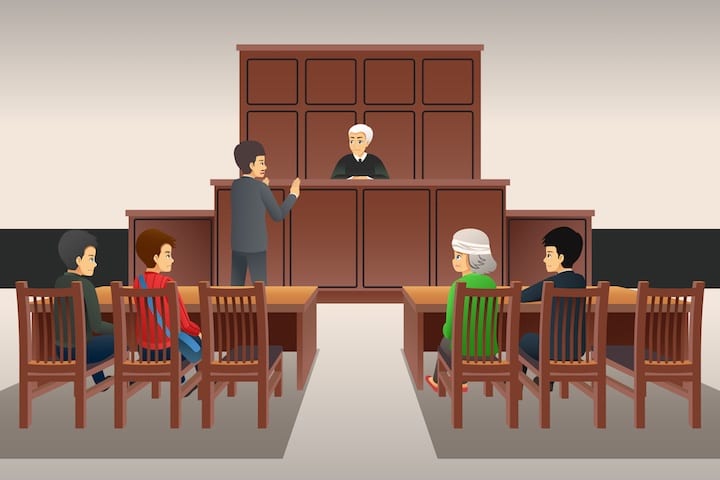What to Do if You Get a DUI Charge
Choose an attorney that is seasoned in managing DUI cases. Depending on the situation, you could choose a personal injury lawyer, a criminal defense lawyer, or a specialized DUI attorney. Once you have contacted an attorney, you will either speak over the telephone or, more likely, meet in person for a consultation. They will go over the details of your case and tell you about your possible options. They will also discuss the amount of time it will take to complete your case and the related fees. You have a short amount of time to request a hearing after you have been arrested for a DUI. Your attorney will need to make this request on your behalf. If you do not have the hearing, or if you do not show up in court, you will probably have your driver’s license suspended. It is unwise not to go to court after a DUI. The first visit to court consists of the arraignment. This is the point where you enter your plea. A guilty plea usually ends the trial at this point. Your lawyer will instruct you if this is the right plea. Sometimes, a guilty plea is the best option if you were clearly under the influence and your lawyer can help you to get a lighter punishment with a plea bargain. It is often a better option to enter a not-guilty plea. This is particularly true if it is your first offense or if there is questionable evidence that you were driving under the influence.
Detailed Analysis
You probably have a few questions about the charges against you. The personal injury lawyer or DUI attorney will go over them with you. In the meantime, you should educate yourself, which will make understanding the charges easier. If you are charged with driving over the legal limit, this means you have a blood alcohol level of over 80 mm of alcohol over 100 ml of blood. Driving over the legal limit charges may end with a suspended license for about three months followed by one year of administrative suspensions. Charges may increase on second, third, or further offenses. The most common charge is impaired driving. This is a charge that can lead to fines and jail time, but with the right attorney can be successfully fought. Failure to provide a breath sample is a charge that occurs when you refuse to provide breath or blood at an officer’s request. A police officer can request a sample at any time if they suspect you may be driving while impaired. If you refuse to do so, you can face up to five years in jail. However, you are more likely to incur a fine of $1000 and one year of driving prohibition. You can defend yourself against this charge if your lawyer successfully argues that the request to provide a sample was unlawful, your constitutional rights were infringed upon, you were only given one chance to provide the sample or you have a medical reason for not complying with the request. If your charges are related to an accident that resulted in an injury, you will face even more serious penalties. It is vital that you have an excellent attorney to represent you if you are facing charges such as this. Recommended
How to Pass CMA ExamsSelf Evaluation Techniques After ExaminationWhat is FrankingWhat is Swing tradingHow A DUI Lawyer Can Help Your DUI Charge

